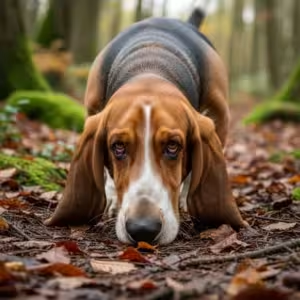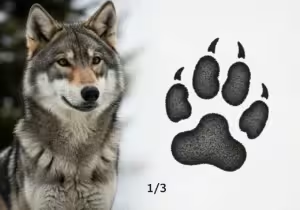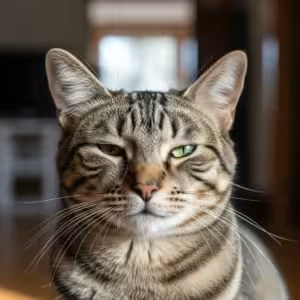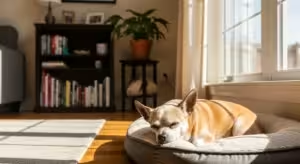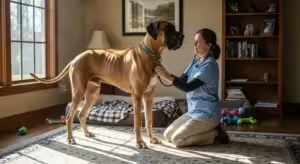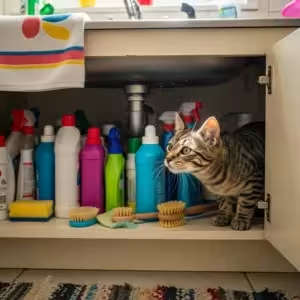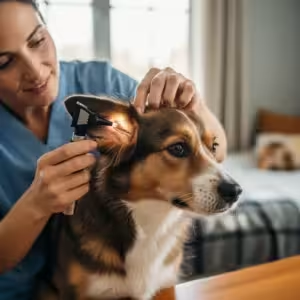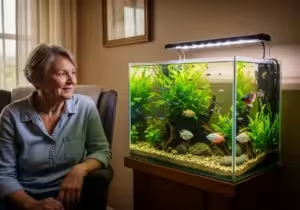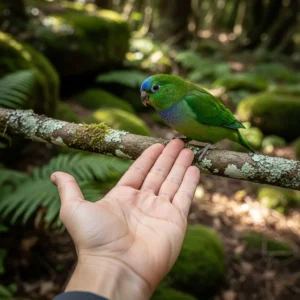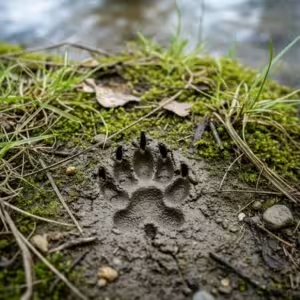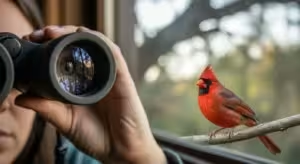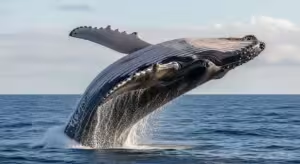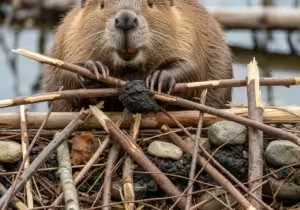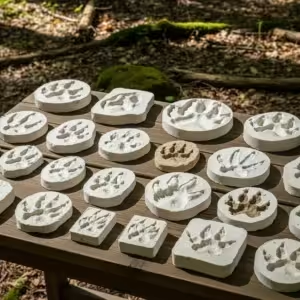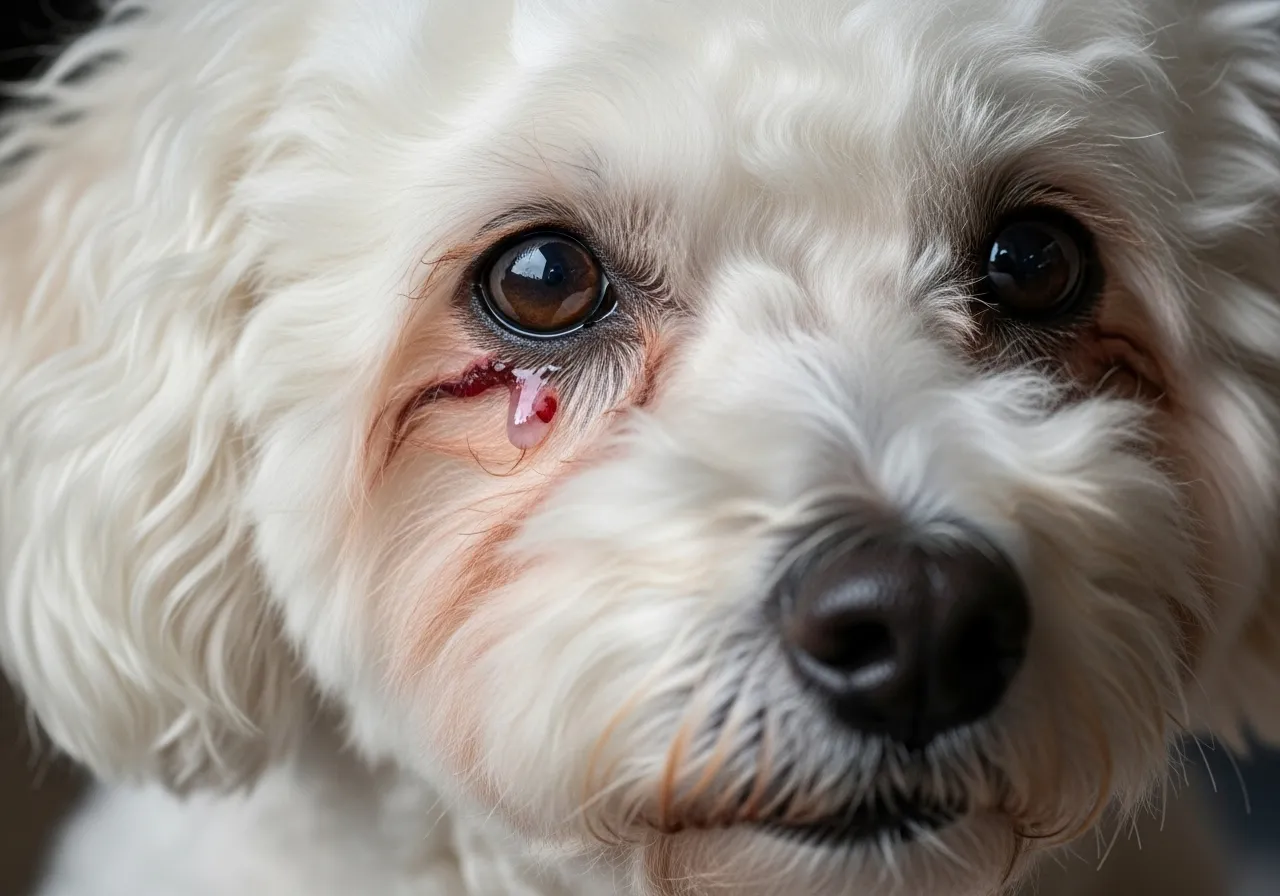
6. The Bichon Frise
The cheerful and charming Bichon Frise has a powder-puff coat of soft, curly hair that makes it look like a little cloud. This breed is another popular choice for people with allergies because it doesn’t shed in the traditional sense. But like the Poodle, the hair that is shed becomes trapped in the coat, making daily grooming an absolute necessity.
The Coat and Its Challenges
The Bichon’s double coat consists of a soft, dense undercoat and a coarser, curly outercoat. This combination creates a velvety texture but is extremely prone to matting. Mats can form seemingly overnight, especially if the coat gets damp. The breed is also predisposed to skin allergies, and a poorly maintained coat can exacerbate these conditions by trapping allergens and preventing proper airflow to the skin.
Tear staining is another common issue in Bichons. The white hair around their eyes can become stained reddish-brown due to porphyrins, compounds found in tears. While usually a cosmetic issue, excessive tearing can sometimes indicate an underlying medical problem that should be checked by a veterinarian.
The Required Grooming Regimen
Daily brushing is essential for a Bichon Frise. A slicker brush and a metal comb are the tools of choice. It’s crucial to brush gently all the way to the skin to remove any loose hair and prevent tangles from forming at the base. High-friction areas like the legs, belly, and tail need extra attention.
In addition to daily home care, a Bichon needs professional grooming every 4 to 6 weeks for a bath, blow-dry, and haircut to maintain the coat’s shape and health. The face needs daily wiping with a damp cloth to help manage tear stains and keep the area clean. Keeping the hair around the eyes trimmed short can also help.


